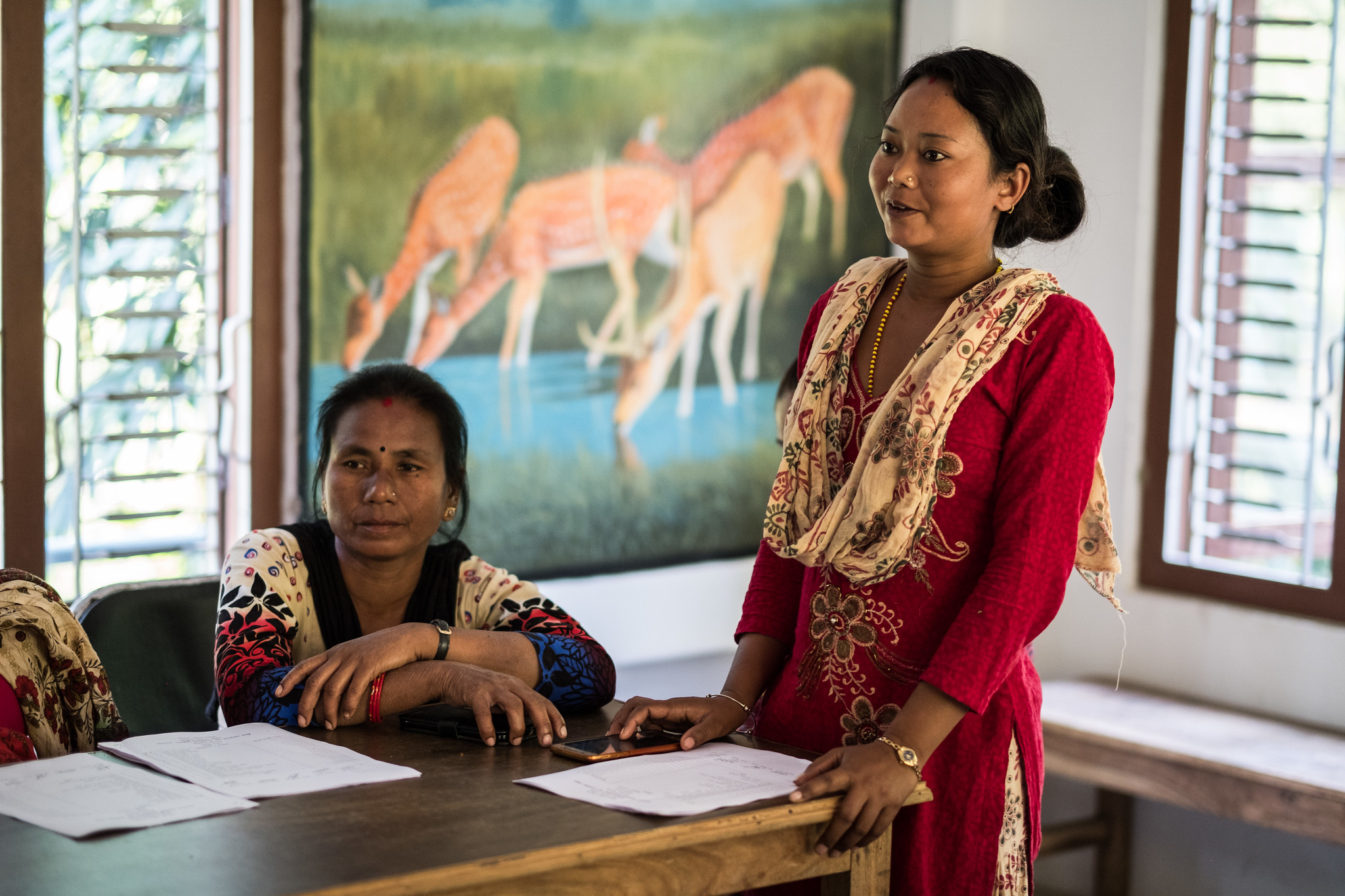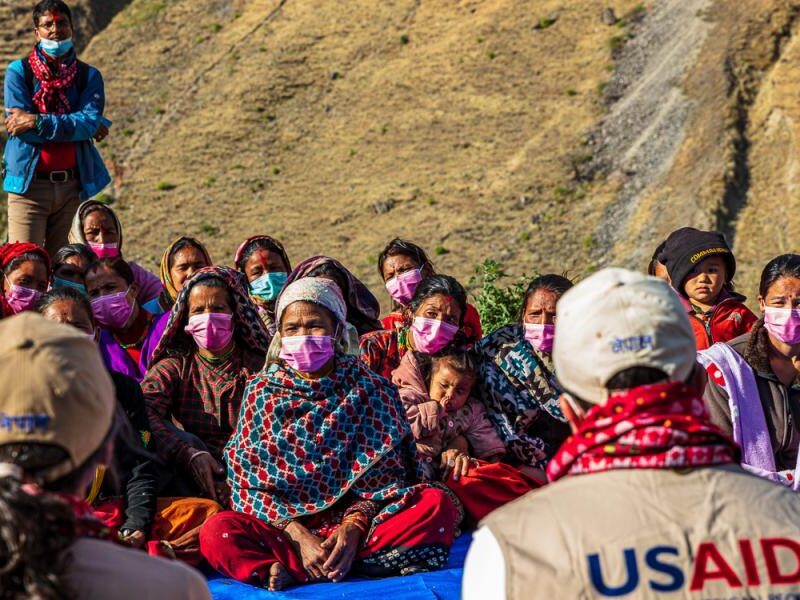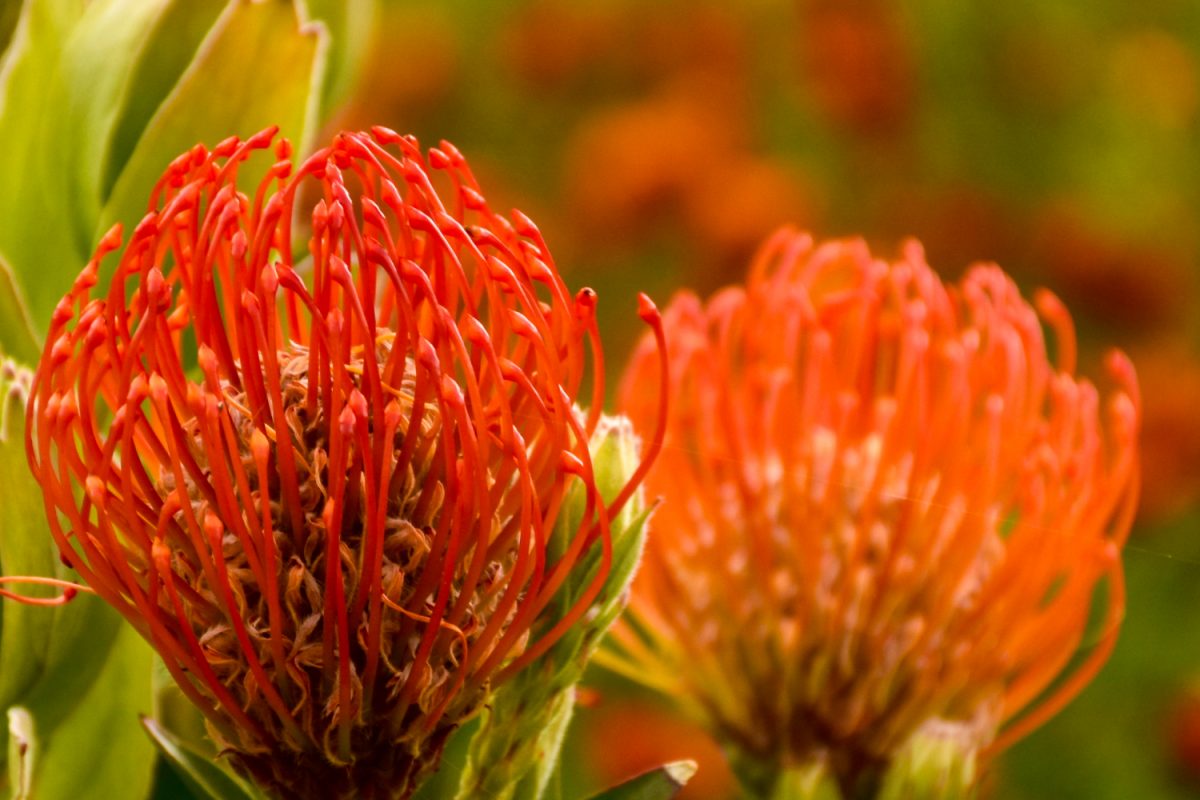The conservation sector is flush with information, but at times faces a shortage of actionable insights. This evidence-to-action gap is not new, nor is it unique to conservation programs. However, mobilizing evidence into programming decisions must be an intentional process. Recognizing the active role conservation practitioners play in the evidence-to-action space, USAID’s Biodiversity Division developed Strengthening Competencies for Evidence-Based Biodiversity Programming (Strengthening Competencies), a new job aid that defines the knowledge and skills needed to drive the use of evidence in decision-making.
Focusing on know-how
Through USAID’s Measuring Impact and Measuring Impact II activities, Environmental Incentives’ Natalie Dubois has been helping Agency staff and partners understand what evidence-informed decision-making is and how to improve their skills through resources like Strengthening Competencies. As Dubois says, “evidence doesn’t make decisions, people do. And the ability to effectively interpret and apply evidence is a skill just as there are technical skills for generating evidence.”
Dubois and her partners at USAID recognized that while different program teams bring differing evidence needs, resources, and skill sets to their programming, they all share a common interest in making the best decisions possible for conservation. Strengthening Competencies frames evidence competencies around three different stakeholder functions: supporting, applying, and facilitating evidence-informed decisions. For each function, the tool describes what different stakeholders need to know, understand, and be able to do to realize evidence-based practice in USAID processes, and it points to ways that facilitators, including EI staff, can introduce and reinforce these competencies through technical assistance.
Strengthening Capacities also acknowledges that all practitioners work within organizational systems that can enable – and at times constrain – evidence-informed decision-making. It identifies common challenges that these different stakeholders face and offers facilitation prompts to navigate those obstacles. The presence or absence of these enabling factors such as broader stakeholder support will greatly impact the sustainability of mobilizing evidence into conservation decisions.
A legacy of evidence-informed learning
Strengthening Competencies builds on USAID’s investment in evidence-informed programming. Under Measuring Impact, Environmental Incentives and our partners engaged in a number of user-centered research syntheses to inform USAID’s biodiversity programming. The team published and disseminated scientific papers, technical briefs, and user guides to address priority information needs, but worrying questions kept popping up. Was anyone using what we produced? Were we mobilizing uptake into decision-making?
In 2018, USAID published Evidence in Action—a resource that lays out the steps to apply evidence and evidence-informed approaches to biodiversity activities in the USAID context. This tool provided a framework to help USAID staff and partners build a common vision for evidence-informed programming and thereby make use of existing evidence. Strengthening Competencies takes Evidence in Action one step forward – from the framework for evidence-informed decision-making to the skills stakeholders use to strengthen the practice itself. While written specifically to support technical assistance in USAID biodiversity programming, Strengthening Competencies is relevant to stakeholders from the broader conservation and development context. Mobilizing evidence into decision-making calls for sustained commitment to learning and reflecting – and tools like Strengthening Competencies can help programs move from knowing to doing.



